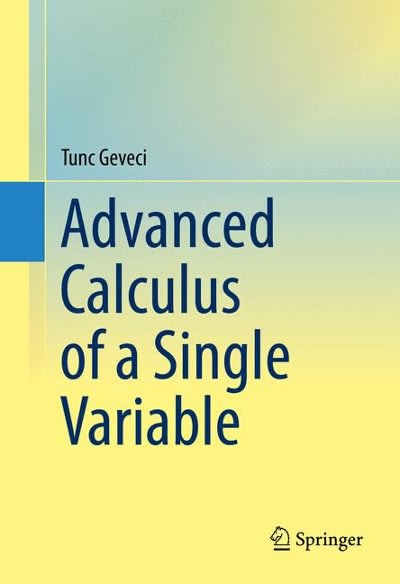Answered step by step
Verified Expert Solution
Question
1 Approved Answer
Statistics 3. You live in State College, where CATA buses always arrive exactly on time, with the time between successive buses xed at 10 minutes.
Statistics



Step by Step Solution
There are 3 Steps involved in it
Step: 1

Get Instant Access to Expert-Tailored Solutions
See step-by-step solutions with expert insights and AI powered tools for academic success
Step: 2

Step: 3

Ace Your Homework with AI
Get the answers you need in no time with our AI-driven, step-by-step assistance
Get Started


